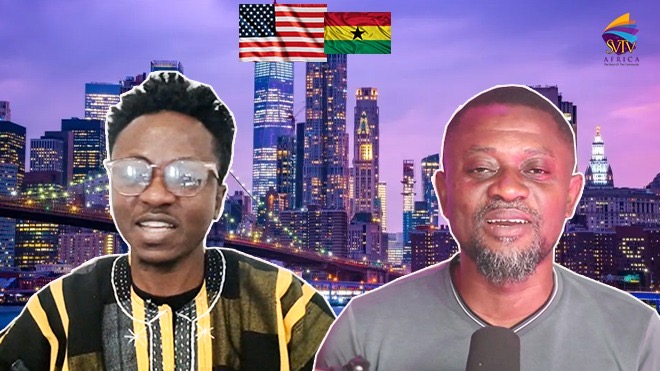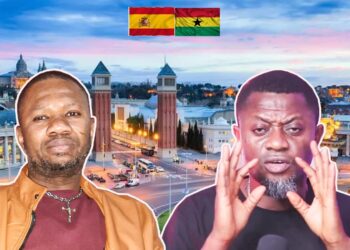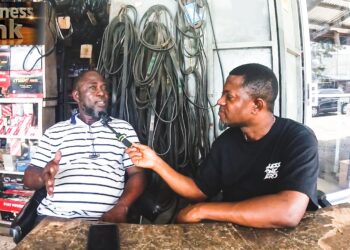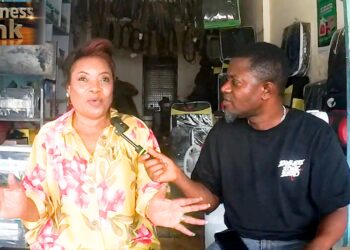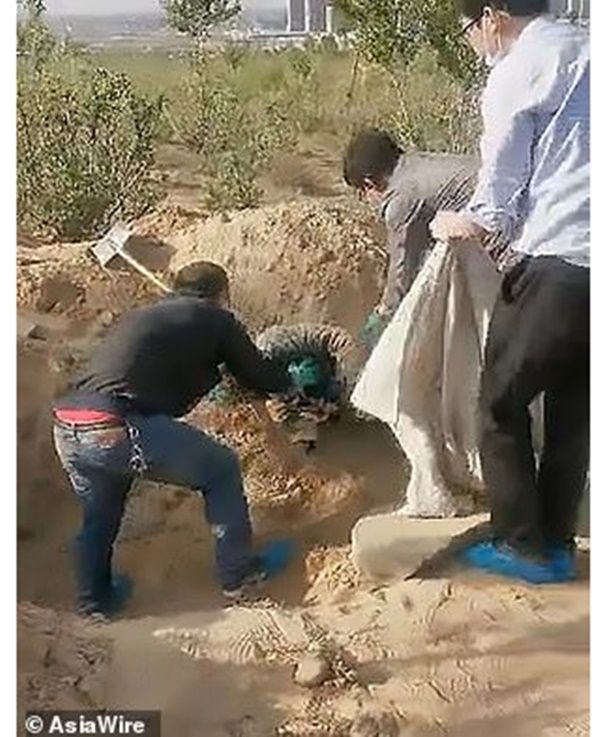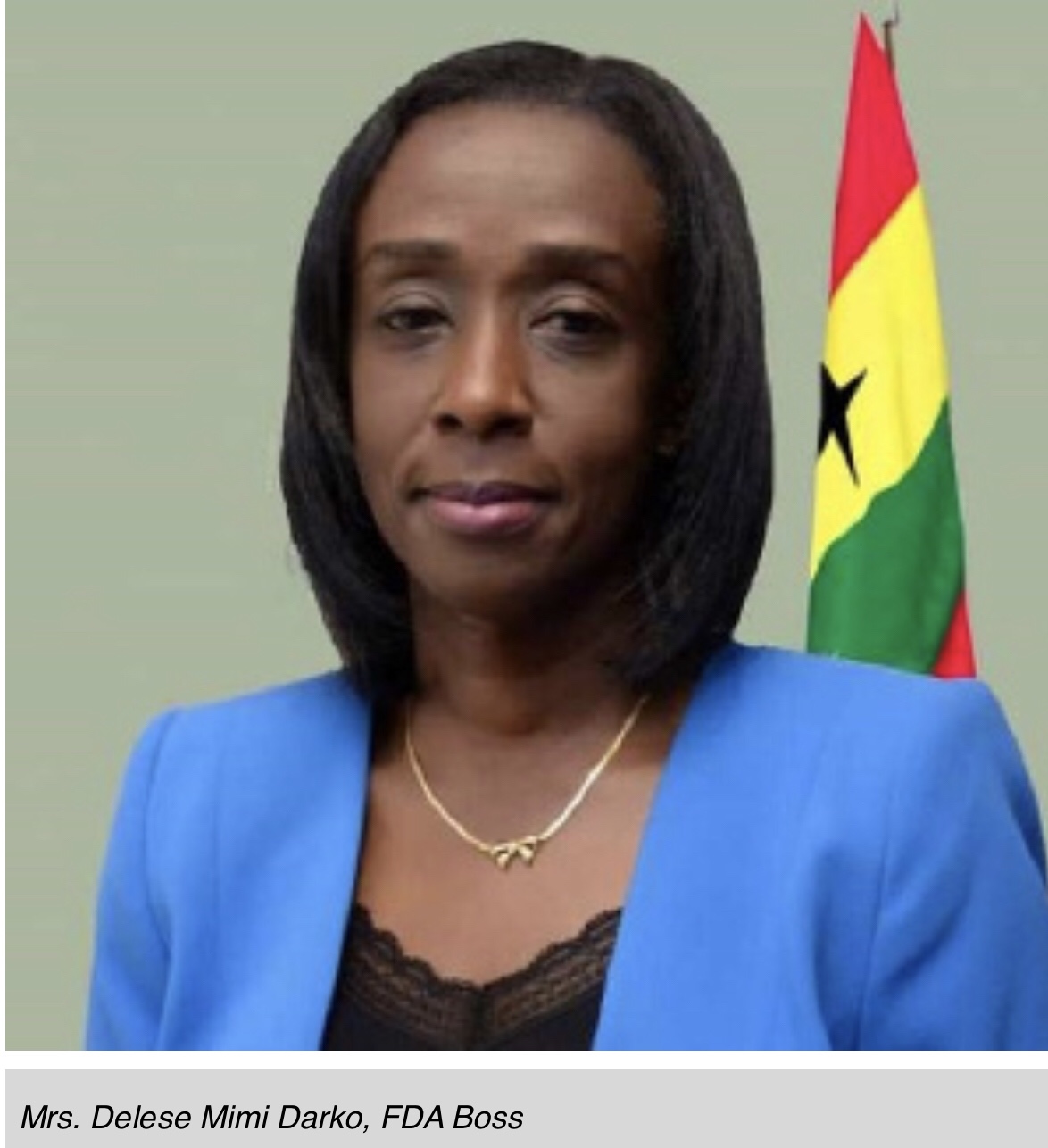Mr. Aboagye’s Perspective on Immigration, Education, and Ghana’s Development
Mr. Aboagye is a Ghanaian based in Virginia and a teacher in the U.S. He shared his thoughts on the current state of immigrant deportations, particularly within the Hispanic community where he works. Many people in this community entered through the Mexican border.
In our school, there is no information available about students’ immigration status. The videos we watch are mostly political content from social media.
The school operates autonomously, and education here is entirely separate from government affairs. During exams, the Virginia Board provides the test materials.
We use query-based learning, encouraging students to conduct their own research. Personally, I trust Google more than humans because Ghanaians generally do not value research. If you haven’t committed a major crime, no one questions your immigration documents. ICE is mainly targeting people with criminal records.
Most undocumented immigrants avoid seeking help, even when injured. If someone gets hit by a car, they simply walk away because they fear being arrested if the police arrive.
We are experiencing a third world war, but most people are unaware. Canada and the U.S. are actively recruiting Africa’s best teachers and nurses, leading to an ongoing intellectual war.
Ghana’s education system still relies on an outdated curriculum while the West is advancing. If you know how to research, you become a global problem solver. That’s why we emphasize research-based learning from childhood here.
Western movies are futuristic, but Ghanaian movies are mostly comedy series. The mindset of Ghanaians needs to change; we need to embrace research and innovation.
Once, I visited Baba Yara Stadium and used the restroom—it was in terrible condition, yet the stadium was ranked the best in Ghana. This shows that Ghanaians don’t prioritize learning or research; we are stuck in old ways.
A child raised in a poor environment learns to talk fast and is exposed to insults, while a child raised in a better environment learns identification, analysis, and understanding. Our surroundings shape our mindset.
Before traveling, we thought abroad was like heaven. My boss once asked me to compare Ghana and the U.S. in terms of social life. I told him I’d choose Ghana for social life, but if you want financial success and stability, the U.S. is the place to be. He couldn’t understand my response.
White people understand teamwork, but many black people struggle with it. Those who travel and build houses in Ghana want to construct them to foreign standards, but Ghana is Ghana—you can’t turn it into abroad.
Ghana is seen as a “sakawa” (money ritual) hub because of the image we project online. When I told someone I was from Ghana, they immediately associated it with fraud and rituals. This is the narrative we have created, and now the world perceives us that way.
We have issues like child trafficking, yet our awareness campaigns are just 15-second ads telling people to be careful. We conducted a $1 census, and instead of supporting children to eat, there was little effort to address their hunger. I teach students and provide them with bananas and fruit because their parents can’t afford to feed them. Many Ghanaian children are simply hungry.
We need to change our mindset rather than trying to relocate Ghana elsewhere. We don’t control the global system, but we can control how we think and act.
Owusu Abate, a Ghanaian TikToker and cartoon creator, reflects some of our social realities. However, animation in Ghana lacks depth—we’re just now reaching episode 16 of a series where a character is pregnant at 80.
Ghanaians must embrace research, innovation, and teamwork if we want to move forward.
Watch The Video Below:

